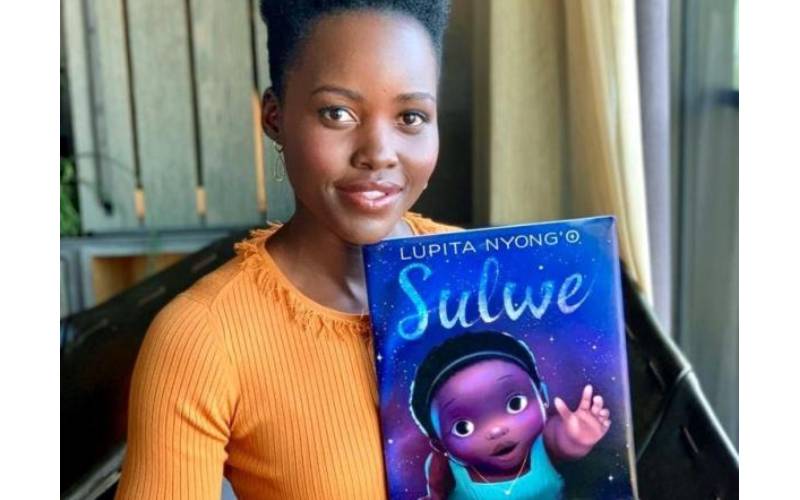×
The Standard e-Paper
Stay Informed, Even Offline

Sulwe grows up wanting to be as light-toned as her mother, sister and friends. She is as dark as night. She does not fit in with the rest of her friends. One day Sulwe comes home from school and uses an eraser and her mother’s makeup to rub her blackness out.